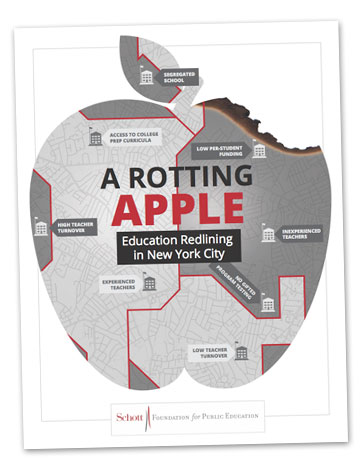To Future Educators – Hello My generation of Digital Age Lovers
While we all are certainly most guilty of keeping the tradition alive digital age is no longer the appetizers it has worked its way up to a high priced main entrée you cant refused. Think about it, when you wake up the first thing you do is? Check you phone not brush your teeth or keep tabs on that zit you’ve had for a week now.
How cool is it, I thought, to have to teach my mother who is five generations before me not only can she have a computer, but know how to use it? What was more striking was that her grandfather, a man who never had much formal technical education, built not one, but two, computers from parts—motherboard, disk drives, hard drives, and so forth.
My mother who is five generation before me; has high-speed Internet access, sends and receives e-mail, burns CDs, and chats online using IM. Cool just turned into disturbing, and what’s more concerning is how children in Kindergarden are now being expose to this way of life navigating through computers.
I mean isn’t the idea Human Interaction? Interaction, not Isolation?
The message that is coming across is so much deeper then that game you are teaching him/her on how to solve that math problem on your lesson plan. And while children are excited about this non-traditional form of teaching we are loosing sight of what is really important. One the long run what are we exposing them too and how is this detrimental to our educational system is.
“Historically, communal learning has always been the most effective way for educating the student and generating thought-provoking discussion in class. I don’t believe technology has reached a point where we can duplicate that effectively on a computer,” Ms. Carrion said. “Some instructors argue that chat rooms, message boards, and instant messaging are good substitutes, but they are by no means replacements for the exchange of tacit knowledge.
Kindergarten students have notoriously short attention spans, but their interest is sparked by technology. When a teacher involves her students in a smart board program to extend their understanding of letter sounds, for example, she gives them the opportunity to interact physically, using keyboards and touch screens.
A colorful animated screen captures their attention visually, keeping children interested for longer periods of time. Choosing their own programs for skill practice makes kindergartners feel empowered and encourages them to work independently.
But what happens when the child has run threw all the points featured in the program and he/she is bored of looking at the animated pictures that you’ve provided all year around. Then will you go back to the traditional way, which will bored them even more? We are spoiling our kids; I mean that’s like giving candy or money to your child to do there how work. What happens when you run out of money? How is this increasing motivation?
Early childhood education consists of lots of hands-on projects. Teachers can document their students’ progress by taking pictures with a digital camera. These photos serve as illustrations of the children’s accomplishments and assessments of their growth.
Explanations student’s give at a smart board can also be kept in a digital portfolio. The portfolios can be shared with families at conferences and given to the next year’s teacher as a point of reference.
Technology in a classroom over time has proven to provide collaborative learning and social interaction to prepare children for the future. When a group of kindergarten students listens to a recorded book or works together at the smart board to match letters and sounds, they are learning the valuable skill of working together.
When four or five students gather around a smart table, they can join forces in activities such as dragging word names to their matching numbers. Two students sitting together at a computer to determine living and nonliving things on a science program learn to cooperate.
I many ways the idea am nice, but it overall sounds like our generation is just too lazy to do the work. What is wrong with a progress report, good old fashion way where that too can be shared with families? What is wrong with the manual way of things? We are creating little cyber monsters; there is no reason why a child should be expose to navigating threw the Internet at such a young age.
By the time they start middle school they will already now how cheat by copying and pasting all their work. They will be solemnly depended on calculators because there brain is not generated to solving problems by themselves, they will have even learn how to down-load porn sites and illegal music, because hey, that’s what teenagers do. There are many pros and cons to exposing computers to kindergarteners at such

Ola! I’m Ayiesha Perdomo - common shit talker, resident of the historical Harlem world and a Dobbs Ferry commuter.
As a writer, I’m Plain Old Jane:...










